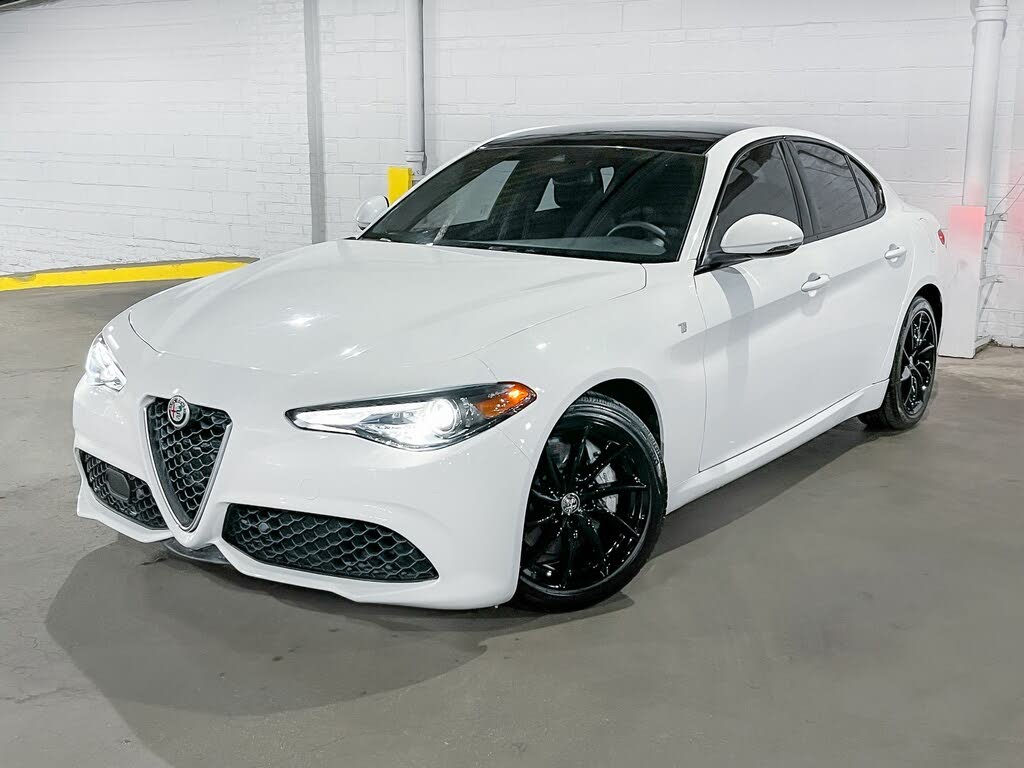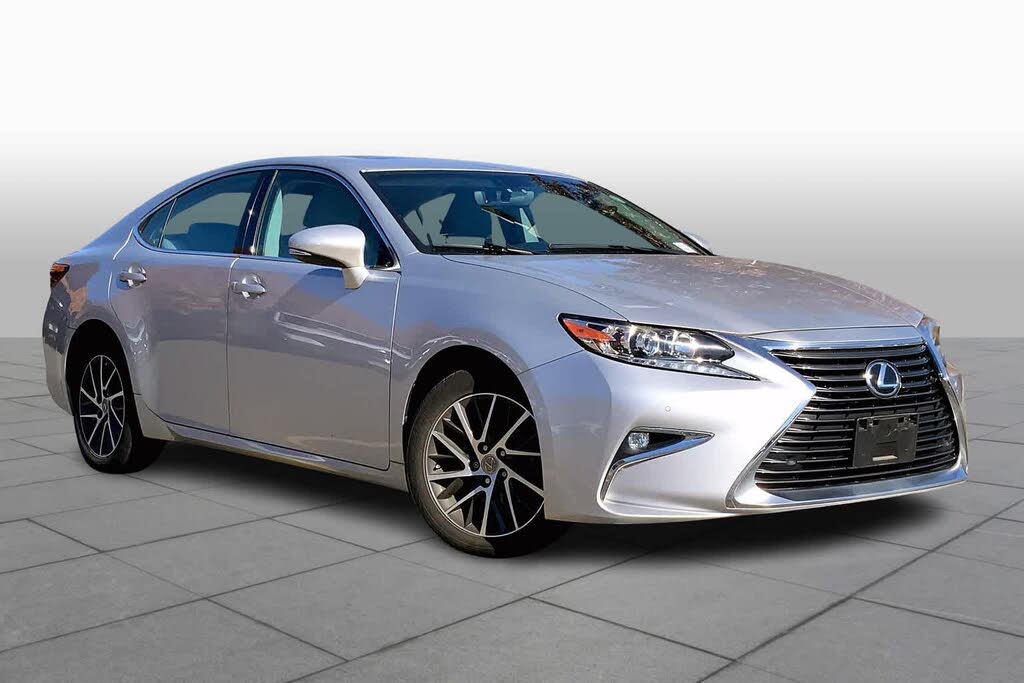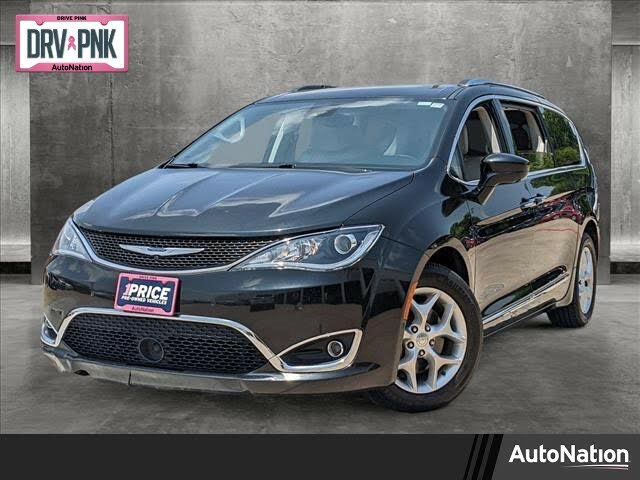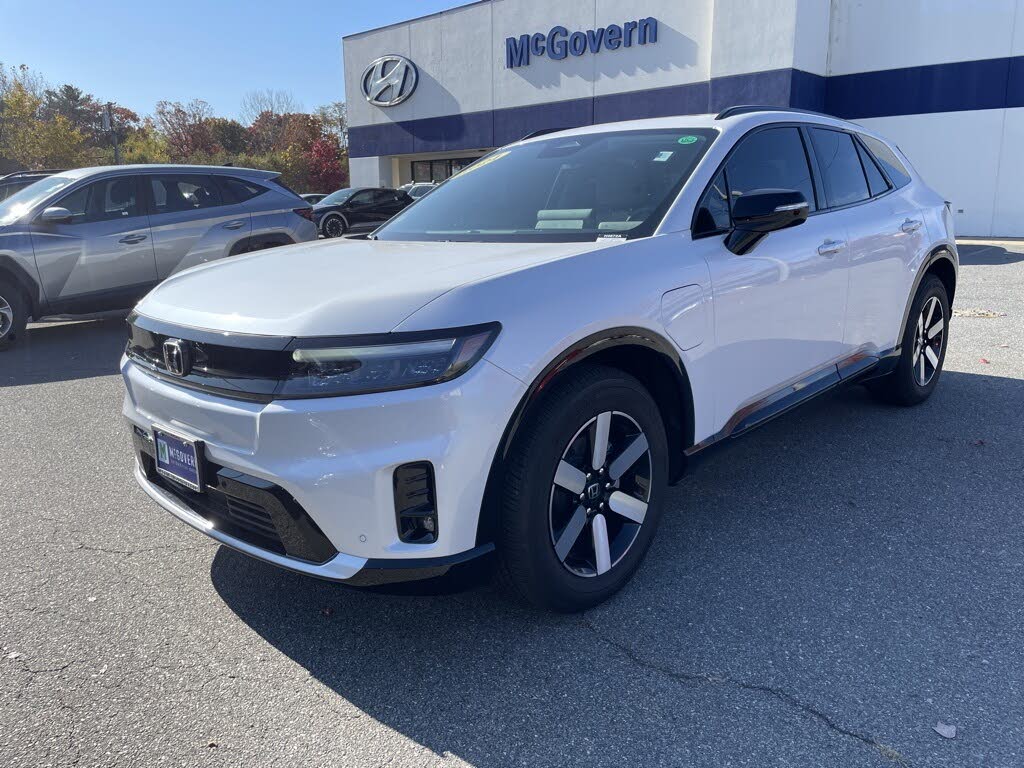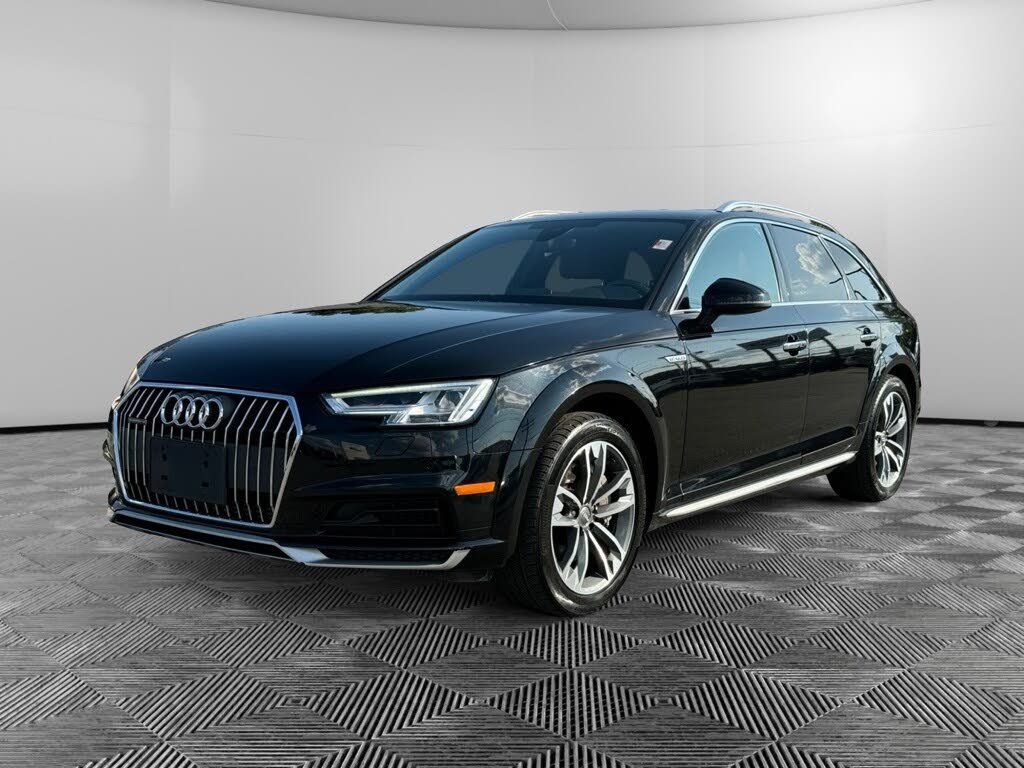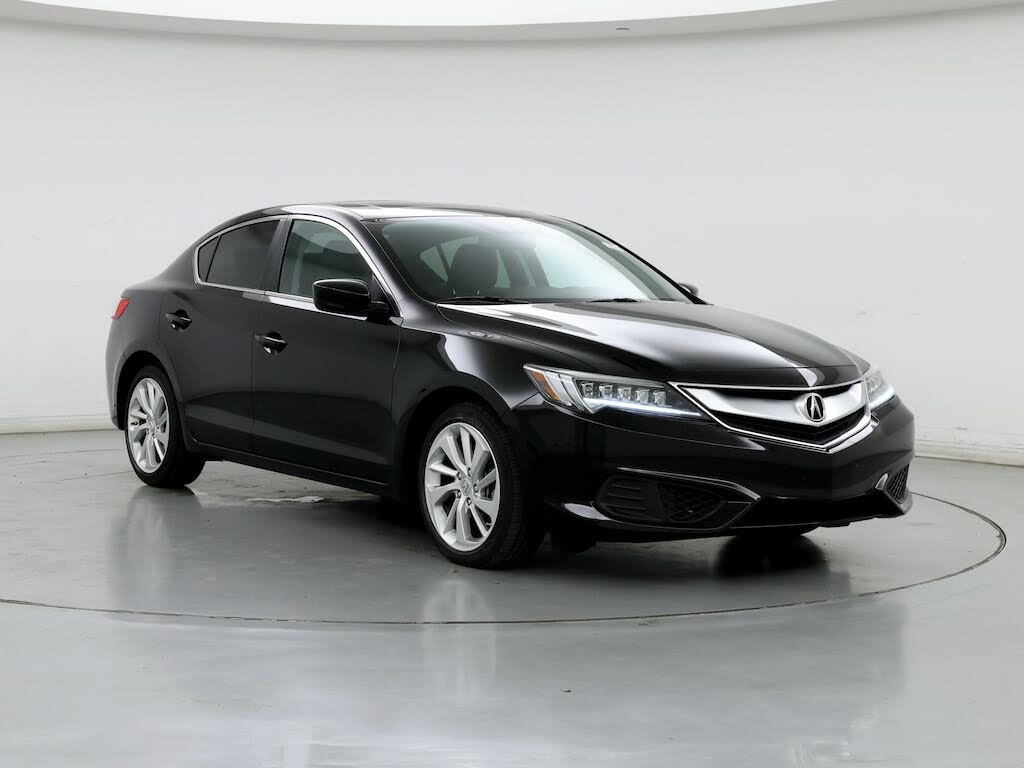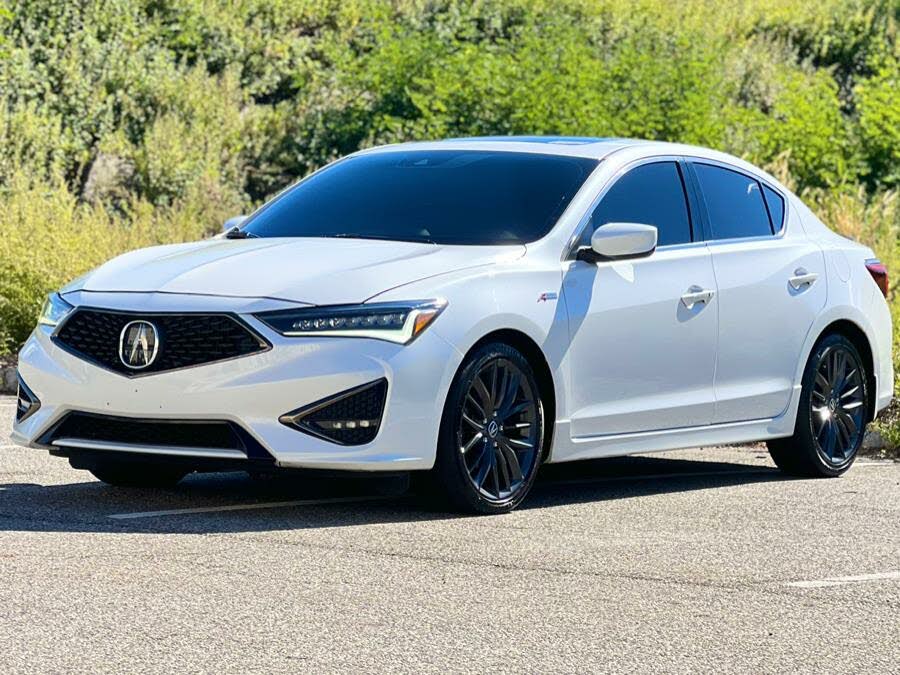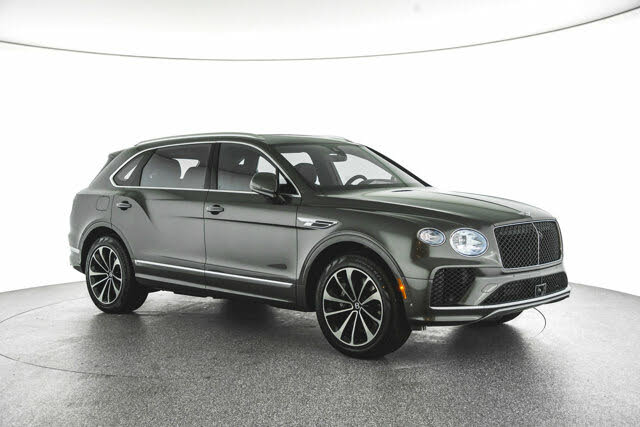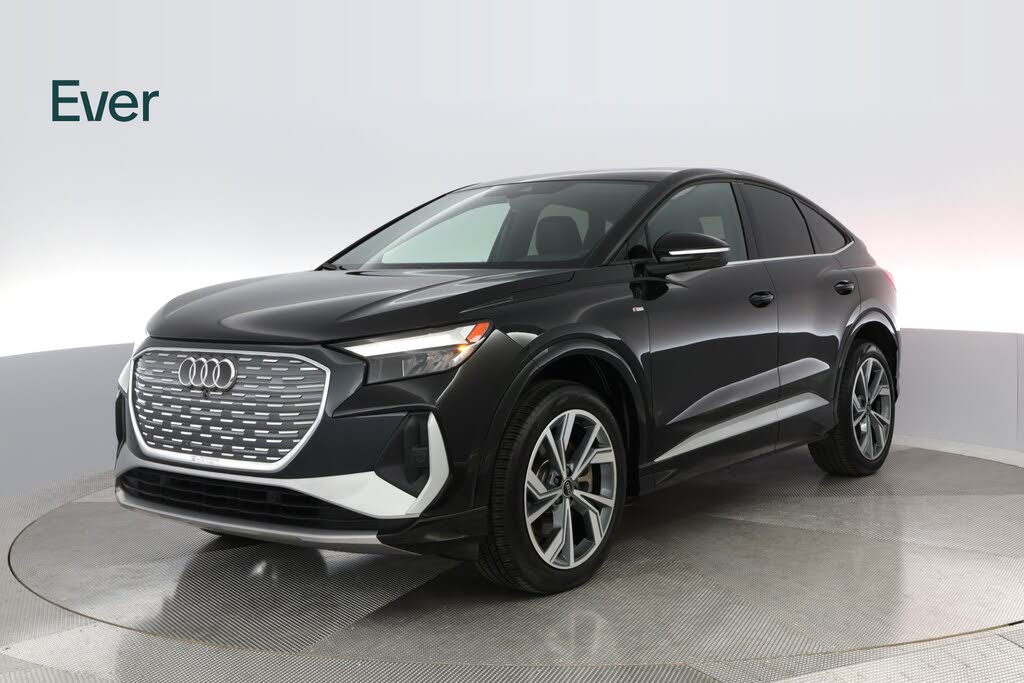Home > News & Blogs > 2018 Toyota Camry and Camry Hybrid Offer Major Fuel Economy Improvements
2018 Toyota Camry and Camry Hybrid Offer Major Fuel Economy Improvements
2018 Toyota Camry Fuel Efficiency: A Game-Changer in MPG Performance
Key Takeaway: The 2018 Toyota Camry made unprecedented fuel economy improvements, with the hybrid model achieving up to 52 MPG combined—a 12 MPG increase over its predecessor. Even gas-powered models saw 5-7 MPG gains, making it one of the most efficient midsize sedans.
Revolutionary Fuel Efficiency in the 2018 Camry
The 2018 Toyota Camry marked a turning point for the brand's flagship sedan, particularly in fuel economy. Where previous generations were merely competitive, this complete redesign propelled the Camry to class-leading efficiency across multiple trim levels. The improvements weren't incremental—they were transformative, with some versions seeing double-digit MPG increases.
What Made the 2018 Camry's MPG So Impressive?
Several engineering breakthroughs contributed to these gains:
- All-new TNGA platform with reduced weight and improved aerodynamics
- Advanced 2.5L Dynamic Force four-cylinder engine featuring Toyota's D-4S dual injection system (combining direct and port fuel injection)
- World's fastest-shifting 8-speed automatic transmission with wider gear ratios
- Thermal efficiency improvements reaching 40% (41% in hybrids)—among the highest for production gasoline engines
- Next-generation hybrid system capable of electric-only operation at higher speeds
The 2018 Camry's engine bay showing its efficient 2.5L four-cylinder powerplant
2018 Toyota Camry MPG Ratings: Breaking Down the Numbers
--TOP ADVERTISEMENT HERE--
Gasoline Models (2.5L Four-Cylinder)
| Trim Level | City MPG | Highway MPG | Combined MPG | Improvement Over 2017 |
|---|---|---|---|---|
| L | 29 | 41 | 34 | +7 MPG combined |
| LE/SE/XLE/XSE | 28 | 39 | 32 | +5 MPG combined |
V6 Models (3.5L Six-Cylinder)
| Trim Level | City MPG | Highway MPG | Combined MPG |
|---|---|---|---|
| XLE | 22 | 33 | 26 |
| XSE | 22 | 32 | 26 |
Hybrid Models
| Trim Level | City MPG | Highway MPG | Combined MPG | Improvement Over 2017 |
|---|---|---|---|---|
| LE Hybrid | 51 | 53 | 52 | +12 MPG combined |
| SE/XLE Hybrid | 44 | 47 | 46 | +8 MPG combined |
How the Camry Compared to Rivals
The 2018 Camry didn't just improve on its predecessor—it leapfrogged the competition:
- vs Honda Accord: The Camry L's 41 highway MPG beat even the 2017 Accord Hybrid (47 highway MPG)
- vs Hyundai Sonata: Camry's 32 combined MPG (LE/SE trims) outperformed the Sonata 2.4L's 28 MPG
- vs Chevrolet Malibu: The Malibu's turbo 1.5L managed just 30 combined MPG vs Camry's 34 MPG (L trim)
- Hybrid comparison: The Camry Hybrid LE's 52 MPG combined nearly matched the Prius (52 MPG) while offering more space
-
The Technology Behind the MPG Gains
Engine Innovations
Toyota's new 2.5L four-cylinder was a masterpiece of efficiency engineering:
- D-4S Dual Injection: Combined direct and port fuel injection optimized for all conditions
- Variable Valve Timing-intelligent Electric (VVT-iE): Electric motor control on intake valves for faster response
- High Compression Ratios: 13:1 (gas models) and 14:1 (hybrids) for better thermal efficiency
- Cooled EGR System: Reduced pumping losses and knock tendency
Transmission Advances
The new 8-speed automatic contributed significantly to highway MPG:
- Wider gear ratio spread (7.0 vs previous 6-speed's 6.0)
- Nearly instantaneous shifts (faster than many dual-clutch transmissions)
- Multi-disc lockup clutch for reduced slippage
- --FIRST CONTENT ADVERTISEMENT HERE--
Hybrid System Improvements
The hybrid models saw the biggest gains thanks to:
- Lithium-ion battery pack (LE Hybrid) vs older nickel-metal hydride
- Higher-capacity electric motors
- Ability to operate in EV mode at speeds up to 45 mph (vs 25 mph previously)
- Reduced mechanical losses in the transaxle
Real-World Fuel Economy: What Owners Report
While EPA ratings tell one story, real-world driving often differs. Based on owner reports:
- Gas models: Most achieve 30-36 MPG combined in mixed driving
- Hybrid models: Many LE Hybrid owners report 48-54 MPG in favorable conditions
- Highway cruising: The 2.5L can exceed 42 MPG at steady 65 mph speeds
Pro Tip: The base L trim's lack of weight-adding features contributes to its class-leading 41 MPG highway rating—ideal for high-mileage drivers who prioritize efficiency over amenities.
Maintenance Tips for Optimal Fuel Economy
To maintain peak efficiency in your 2018 Camry:
- Follow Toyota's recommended 0W-16 synthetic oil (improves engine efficiency)
- Keep tires properly inflated (35 PSI recommended)
- Replace air filters every 30,000 miles
- Use Top Tier detergent gasoline to prevent fuel system deposits
- For hybrids, ensure battery cooling vents remain unobstructed
-
Is the 2018 Camry Still a Smart Buy Today?
Even years after its debut, the 2018 Camry remains an excellent choice for fuel-conscious buyers because:
- Its MPG ratings still compete with newer models
- Proven Toyota reliability means maintained efficiency over time
- Strong resale value compared to domestic competitors
- Lower maintenance costs than turbocharged alternatives
When shopping for a used 2018 Camry, prioritize well-maintained examples with complete service records. The hybrid models—particularly the LE—offer the best long-term savings for high-mileage drivers.
Final Thoughts: A Benchmark in Efficiency
The 2018 Toyota Camry represented a watershed moment for midsize sedan efficiency. By combining cutting-edge engine technology, thoughtful weight reduction, and hybrid system advancements, Toyota created a vehicle that delivered exceptional MPG without compromising performance or comfort. Whether you're considering a gas or hybrid model, the 2018 Camry remains one of the smartest choices for fuel-efficient transportation.
--SECOND CONTENT ADVERTISEMENT HERE--

motorvero013
Last Updated On Jun, 23-2025
